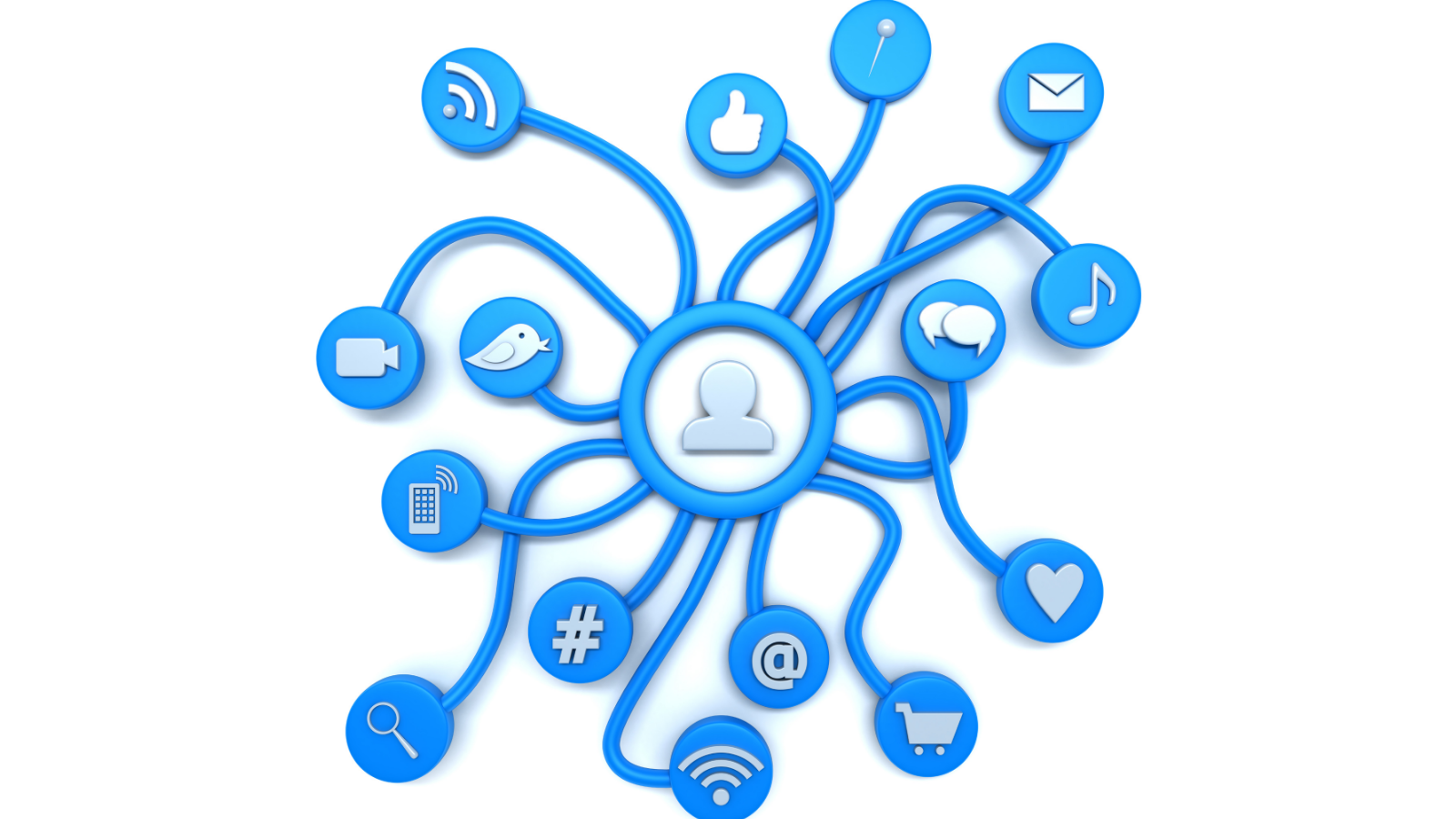B2B Inbound Marketing Examples That Saw Success
Inbound marketing is what's in, and there's a very good reason for that — it works. Companies selling business-to-business (B2B) and living in the...


Generally speaking, about 13.6% of your company's budget should be spent on marketing. Of that percentage, however, you might spend a portion on inbound marketing, paid advertising, retention and loyalty programs, and many other different types of marketing.
Inbound marketing comprises nontraditional efforts to connect with potential customers already searching for services like yours, including non-interruptive channels like SEO and content marketing, social media posts, and organic marketing campaigns. When you properly research your target market and align your inbound marketing campaigns with the needs of that audience, you can see a substantive ROI and progress toward each marketing objective.
In this guide, we'll explore why inbound marketing should be the core priority of your marketing budget. Take a closer look at the benefits of inbound marketing, how to establish the right budget for the upcoming year, and some insightful tips for making the most of your budget.
Inbound marketing, unlike paid ads and interruptive styles of marketing, is all about being perfectly positioned for customers starting to search for the types of products and services you offer. For example, rather than paying for promotional ads in your audience's favorite music apps, you have shopper's guides, articles, and helpful videos in the top Google spots for when shoppers search out products.
This automatically gives you higher-quality prospects—instead of pursuing cold leads, you're providing resources and authoritative information to hot leads. You can increase your conversion percentages, spend less time and money chasing down leads who aren't in the market for your services, and focus on a more valuable audience of focused shoppers. It's a better use of your budget.
Even better, inbound marketing is a better strategy for building trust. Because you aren't pursuing customers, you can spend more time creating thoughtful, expert-level resources. When your content is useful and at shoppers' fingertips the second they want it, they trust you more.
Earlier, we mentioned that the typical business dedicates 13.6% of its revenue to marketing expenses. Of that amount, spend between 5% and 25% on inbound marketing. Exactly how much you spend depends on your business's unique circumstances. Consider the following factors:
How much of an inbound infrastructure do you already have: Do you have a website? How many marketing services or marketing employees do you have? Consider your staff size, ability to hire freelancers or third-party services, and the platforms you want to use. If you're starting from scratch, you may also need market research services so you can build a strategy.
Brand awareness: If you have a recognizable brand, you can easily build momentum by launching inbound marketing campaigns. However, if you have a new or unknown brand, you may need to invest more in spreading awareness and becoming an authority in your industry.
Growth goals: The size of your marketing budget should correspond with how ambitious your marketing and customer acquisition goals are. The more you want to grow, the bigger of a budget you'll need.
Before you set your marketing budget in stone, forecast how much money you'll have available. Also, set monthly or quarterly assessments so you can refine your budget throughout the year.
The above steps will help you determine a rough inbound marketing budget or at least a range of acceptable spending. Once you have those estimates, examine different costs and goals more closely so you can attach figures to different inbound marketing efforts. You can start to form a more detailed marketing plan and budget by following these steps:
Set annual and quarterly or monthly goals. This can include customer conversion goals, minimum goals for new articles or videos, and so on.
Determine these numbers by seeing how frequently your competitors are producing content or what a marketing adviser recommends for your business.
Break larger goals into smaller monthly and weekly goals so you can measure progress and set tasks.
Create a content calendar so you can organize different content channels, plan in advance, and make measuring your progress even easier.
Set recurring meetings with your marketing team so you can refine goals, discuss progress, and assess the value of different inbound marketing channels. However, be careful of changing your plans too often, as inbound marketing efforts take time to show results.
Different industries have different timelines and will require different types of content. A small B2B manufacturer, for example, should prioritize white papers and case studies. But a consumer-facing business will see better results with how-to guides, blog posts, and social posts.
Every business has a slightly different inbound marketing journey. However, there are some principles that hold true for every business. Follow these tips as you prioritize inbound marketing:
Repurpose content and transform it into multiple different formats (ex., blog articles, videos, social posts, email newsletter content, and so on).
Create achievable, measurable goals and hold your team accountable to them.
A/B tests different aspects of your content, including calls-to-action, messaging, headers, titles, and even channels, to find the right approach for your audience.
Create short campaigns with measurable results so you can reflect on the data and refine your process over time.
Inbound marketing is a highly successful strategy that every small business can use to reach new and return customers. But it's important to set the right goals and focus on the right channels and objectives for your specific business. Start experimenting so you can collect the data and insights to guide your campaigns and objectives throughout the year.

Inbound marketing is what's in, and there's a very good reason for that — it works. Companies selling business-to-business (B2B) and living in the...

Occasionally we get the question, "Well, why do we need an inbound marketing agency if we have an in-house marketing department?" Good question. ...

In today’s digital world, we have the ability to meet buyers where they are in their journey — even better, we can advertise to them at the exact...